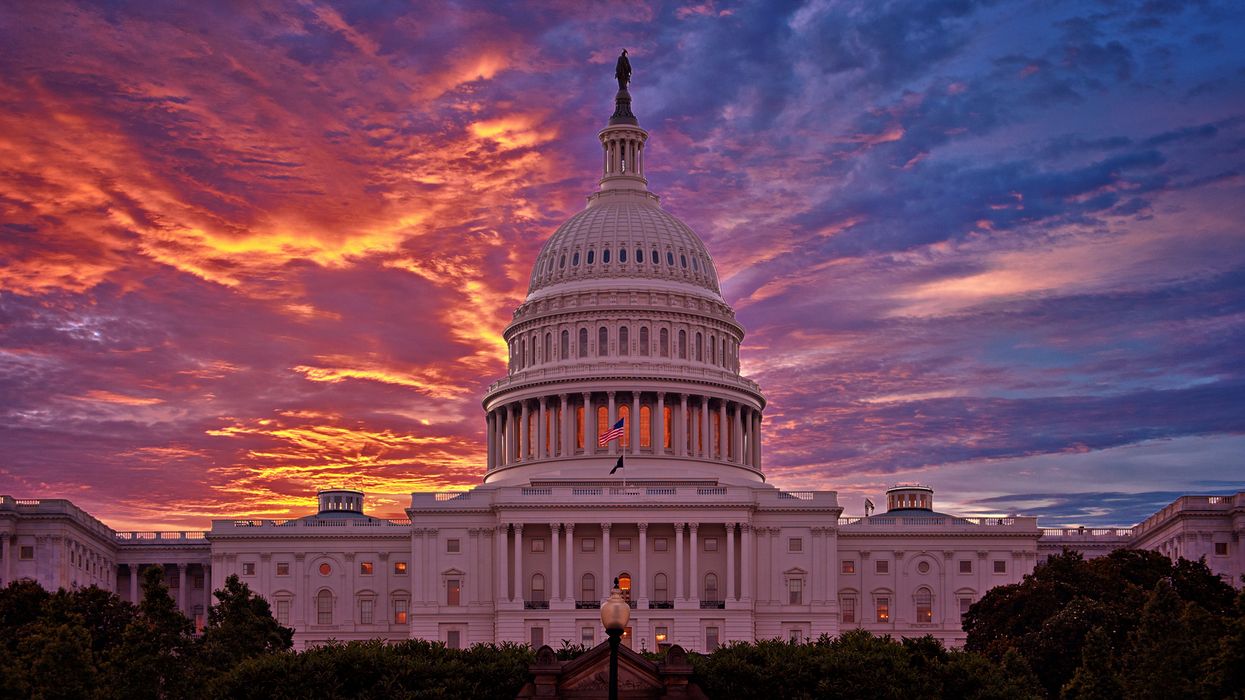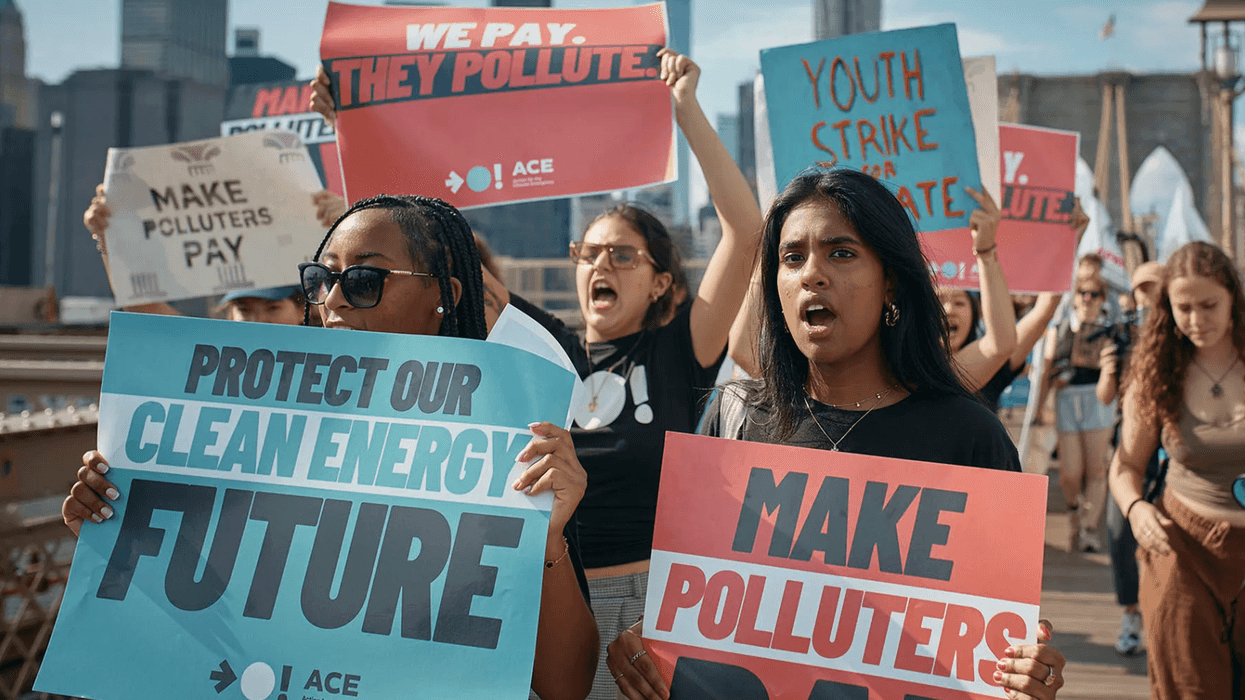The Fulcrum is committed to nurturing the next generation of journalists. To learn about the many NextGen initiatives we are leading, click HERE.
We asked Bennett Gillespie, a student at Duke University and an intern with the Fulcrum, to share his thoughts on what democracy means to him and his perspective on its current health.
Here’s his insight on the topic.
American democracy has never been static. It is a system designed to evolve, to expand, to bring more citizens into the fold. Yet in 2025, that promise feels increasingly out of reach for many young Americans. Across the country, laws and administrative decisions are quietly reshaping who can participate in elections - and who is pushed to the margins. Nowhere is this more evident than in my home state of North Carolina, where recent changes threaten to lock out a generation just beginning to find its voice.
In 2023, North Carolina implemented a strict voter ID requirement, mandating that all voters present an approved form of identification at the polls. While student IDs can theoretically be used, they must meet state standards, and many colleges scrambled to get approvals in time. For students who lack a driver’s license, a group disproportionately large among 18- to 24-year-olds, these new requirements erect significant hurdles.
At the same time, the state legislature passed Senate Bill 747, a sweeping election law that tightened rules around same-day registration. Previously, if a voter registered during the early voting period and an address confirmation notice was returned undelivered, officials needed two failed mailings before rejecting the ballot. The new law slashed that to one. For students living in dorms or those with complicated campus mailing addresses, a single postal error could invalidate their vote without their knowledge. Although a federal judge temporarily blocked the provision, calling it an “unacceptable risk” to legitimate ballots, the message was clear: minor administrative errors would carry major consequences.
North Carolina also moved to restructure its election boards, creating the risk of partisan deadlocks over the location of polling places. Early voting sites on college campuses, already a contentious issue in some counties, could become collateral damage.
These changes in North Carolina are not isolated. Across the United States, similar patterns are playing out. Since 2020, at least 27 states have enacted new voting restrictions. Many of these laws disproportionately impact young voters, a demographic that is mobile, less likely to own a car, and more likely to rely on nontraditional identification, such as student cards.
Strict voter ID laws have become a favored tool for states seeking to limit the electorate. In 2023, Idaho barred the use of student IDs at the polls altogether. Texas and Ohio have similarly refused to accept out-of-state documents for registration, effectively forcing students to acquire new credentials if they want to vote where they study.
Other states have made it more difficult to vote by mail, a method that young voters increasingly prefer. North Carolina and Ohio now require that mail-in ballots arrive by Election Day, eliminating the grace period for ballots postmarked by Election Day but received after the deadline. Analysts warn that this change could disenfranchise thousands of voters, particularly students who juggle busy schedules and unreliable mail services.
The impact of these restrictions is not theoretical. Young voters are already the most underrepresented age group in American elections. While turnout among voters aged 18 to 29 surged to 50% in 2020 and remained relatively strong in the 2022 midterms, it still lags behind older demographics. Additional barriers risk reversing this progress, deterring first-time voters before they have a chance to form lifelong habits of civic participation.
Behind these efforts is a clear political calculus. Young voters have leaned increasingly progressive in recent elections, influencing outcomes in swing states. Rather than expand access to accommodate this rising generation, some lawmakers have responded by erecting obstacles, often justified under the guise of “election security” despite scant evidence of widespread voter fraud.
This is not how democracy is supposed to work. A healthy democracy welcomes participation; it does not fear it. Yet the patchwork of voting laws in the United States increasingly resembles a system in retreat, one where participation depends on geography, age, and privilege.
There are solutions. Automatic voter registration (AVR) offers one path forward. By registering eligible citizens when they interact with government agencies, AVR removes unnecessary bureaucratic hurdles. States that have adopted AVR have seen significant increases in registration rates, particularly among young voters.
Ensuring polling places are located on or near college campuses is another vital step. Students often lack reliable transportation to reach off-campus sites, and placing polling locations within walking distance can substantially boost turnout. Some states have already taken this step, mandating polling access for large campuses.
Simplifying voter ID requirements would also reduce barriers to voting. Accepting student IDs universally and allowing electronic proof of residence would make it easier for young people to meet documentation requirements without unnecessary strain.
Ultimately, democracy is not sustained solely by the existence of elections. It survives through inclusion, through trust, and through the conviction that every citizen has an equal voice. When barriers rise and trust erodes, the very foundation of our system weakens.
Young Americans are eager to participate. It is the responsibility of policymakers to ensure that needless obstacles do not block the path to the ballot box. Expanding access is not a partisan issue; it is a democratic imperative. The future of American democracy depends on whether we choose to welcome the next generation or shut them out.
Bennett Gillespie is a student at Duke University and a council member of the Duke Program in American Grand Strategy.




















